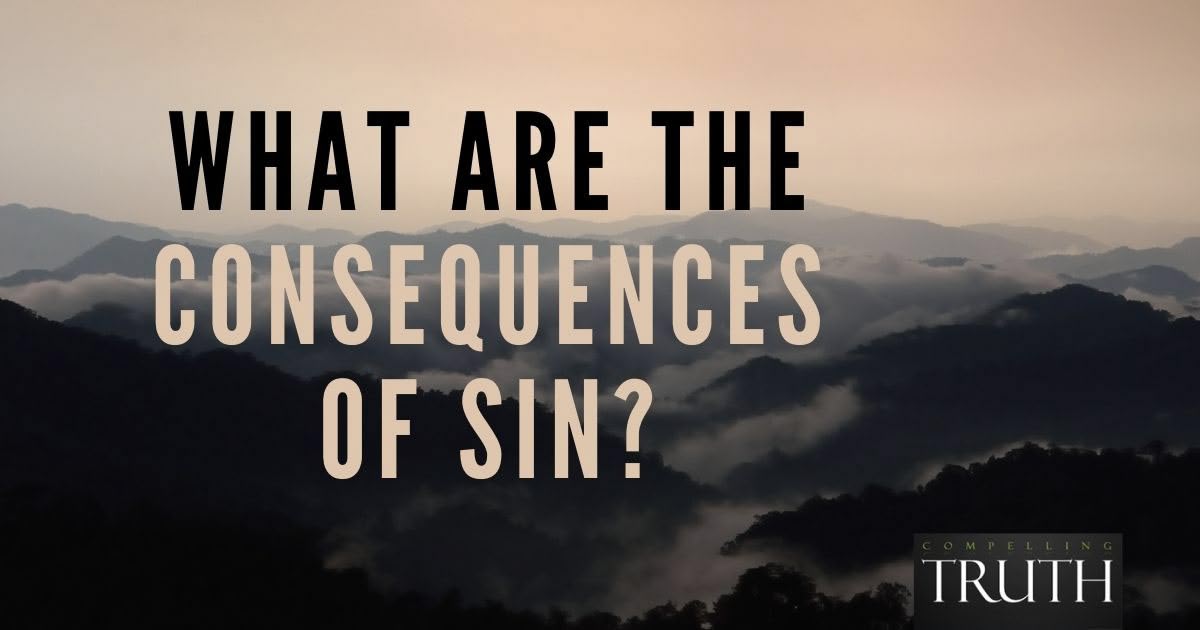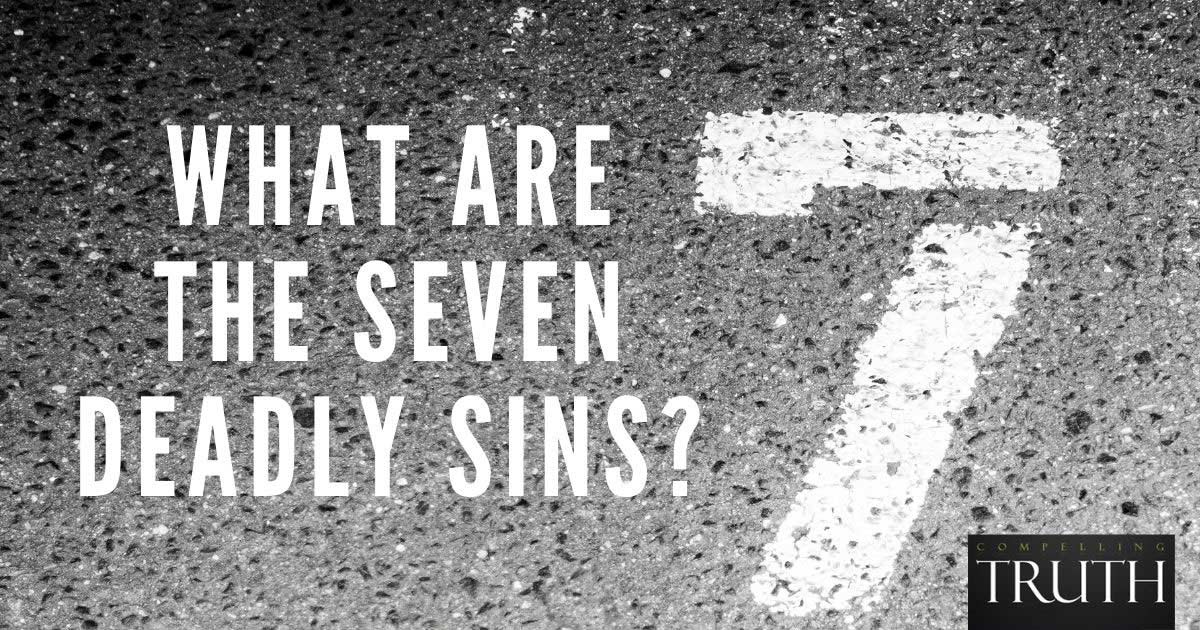All sin is sin against God. Sin is everything we think, say, do, or feel that is against God’s character and His commands. All sins are categorically equal and deserving of eternal separation from Him. Our sinful nature creates a great chasm that only the cross of Christ can bridge. Because of this, cheating on a test is just as severe as a violent murder, as they both separate us from Him. However, cheating on a test has a very different consequence and impact than a violent murder. The test cheater will get an “F” if caught. The murderer will get life in prison. In the sense of sin’s impact and consequences, all sins are not equal.
In regards to salvation, all sins are equal. James 2:10-11 explains, "For whoever keeps the whole law but fails in one point has become accountable for all of it. For he who said, 'Do not commit adultery,' also said, 'Do not murder.' If you do not commit adultery but do murder, you have become a transgressor of the law." Disobeying one part of the law puts us in a state of having transgressed the law. If we lie, we're not only guilty of lying; we're guilty of breaking the law as a whole. Romans 6:23 explains that the appropriate punishment for sin—any sin—is death. This is an on/off, either/or situation. Either we are guilty of disobeying the law or we are not. Every single thought or action motivated by selfishness or greed or anger is as condemning as any other. Fortunately, Jesus is willing and able to forgive every sin (1 John 1:9).
However, all sins do not have the same consequence and impact. When Moses saw the Israelites worshiping the golden calf, he declared, "You have sinned a great sin" (Exodus 32:30). And Jesus' reaction to the adulterous women He encountered (John 4:4-42; 8:1-11) was much different from how He interacted with the Pharisees (Matthew 3:7; 12:34; 23:33; Luke 3:7). He explains this in Matthew 23:23-24: "Woe to you, scribes and Pharisees, hypocrites! For you tithe mint and dill and cumin, and have neglected the weightier matters of the law: justice and mercy and faithfulness. These you ought to have done, without neglecting the others. You blind guides, straining out a gnat and swallowing a camel!"
We can also see a distinction in how God allows us to experience the earthly and relational repercussions of our sin. The desire for a friend's car may drive a wedge in a relationship but not as much as the theft of that car. An angry thought may be quickly forgotten while murder leaves much deeper wounds. God's acknowledgement of this is seen in the laws He gave the Israelites. Transgressions had different punishments depending on how badly they injured relationships and the stability of Israel as a society.
Every sin condemns us equally, but every sin does not hurt others equally. Fortunately, God is more powerful than any sin. He can always forgive, and He can always heal relationships—with Himself and others.




